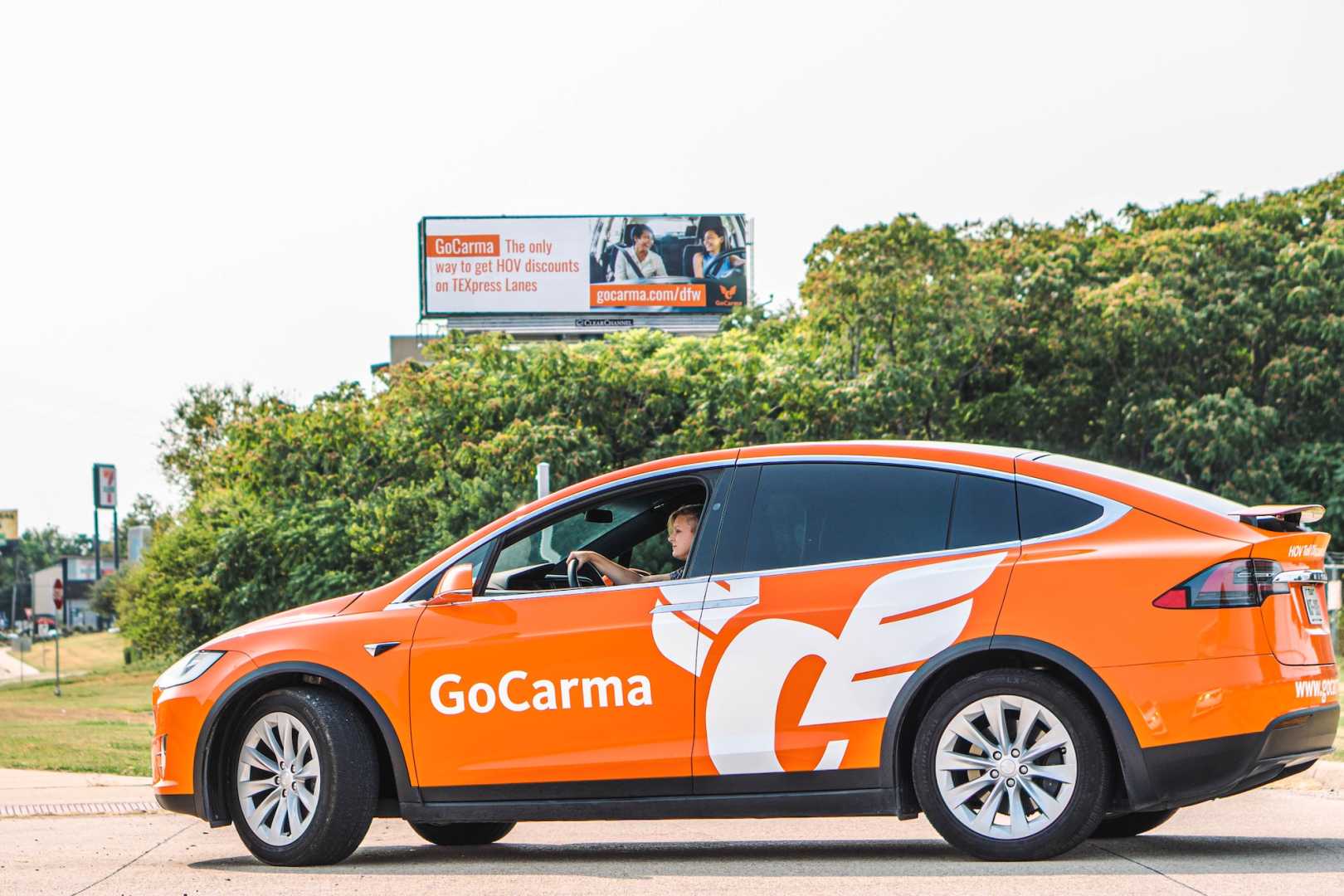Business
Uber Faces Patent Lawsuit from Carma Over Ridesharing Technology

AUSTIN, Texas — A patent infringement lawsuit against Uber could have significant consequences for the ridesharing giant and potentially impact other companies. The lawsuit, filed by Carma, a company formed in 2007 by entrepreneur Sean O'Sullivan, alleges that Uber infringed on five of its patents related to matching riders with available vehicle capacity.
Carma is seeking a jury trial and demands a permanent injunction against Uber, along with mandatory future royalties on infringing products and damages. The case is currently before the U.S. District Court for the Eastern District of Texas and is grounded in allegations that have persisted for nearly a decade.
Uber has been aware of Carma’s patents since at least 2015 when the U.S. Patent and Trademark Office rejected one of Uber’s patent applications because of its overlap with Carma’s existing patents. As Uber rapidly expanded into multiple markets, the allegations against it only grew stronger.
O’Sullivan stated in an interview, “Uber may have the market share, but they do not hold the necessary ridesharing patents.” He emphasized that the core service outlined by Carma’s patents is integral to modern ridesharing.
Intellectual property attorney Larry Ashery, not involved in the case, described the lawsuit as complex. He stated, “Carma has employed a very sophisticated patent procurement strategy over the past 18 years, asserting not just five patents but 30 related patents.” Each of the five patents includes multiple claims, adding to the difficulty for Uber to address each one in court.
Uber has made procedural motions in the lawsuit to have the case moved to California, reflecting its desire to litigate in a more favorable venue. O’Sullivan noted that Carma’s lawsuit specifically targets Uber, the largest player in the market, while acknowledging at least 60 other companies may also infringe on its patents.
Carma’s origins began with O’Sullivan’s focus on alleviating traffic congestion through innovative carpooling solutions. The first patent was granted in 2010 and laid the groundwork for a system to match riders with drivers. Despite ultimately shifting its focus to GPS tolling and HOV verification, O’Sullivan maintains that Carma has had a profitable business since its inception.
O’Sullivan acknowledged the high costs associated with patent litigation and indicated that the decision to sue followed years of attempting to resolve the issue with Uber out of court. “We hoped they would license our patents without a lawsuit,” he remarked, highlighting the financial burden small companies face when challenging larger corporations.
Uber has declined to comment on the ongoing lawsuit, while Carma aims to highlight the broader implications of patent enforcement in the tech industry.












